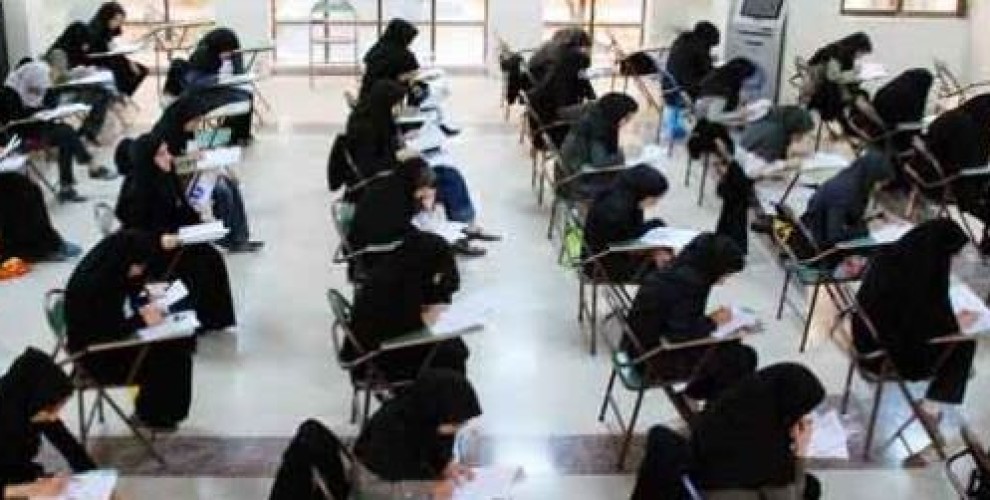Women most affected by Iranian economic crisis
Women in Iran are paid less than men and are sacked if they get pregnant.
Women in Iran are paid less than men and are sacked if they get pregnant.

It is known that Iran has experienced serious economic problems as a result of international sanctions, bribery, climatic factors such as drought, low foreign investment among other reasons.
In this environment, unemployment is affecting women the most, while millions of working women are being paid much less than working men.
Iran is a member of the United Nations Commission on the Status of Women. However it is known that this commission for improving the rights of women in Iran has in fact implemented no measures.
On the contrary, the regime of the Islamic Republic of Iran, instead of 'removing discriminatory laws and structural obstacles against women', is actually creating more obstacles.
A different approach to the ‘role’ of women
The UN Commission on the Status of Women works for ‘securing equal economic opportunities’ for women but the Iranian government actually discriminate and marginalize women.
The Iranian religious leader Ali Khamenei said in this regard, ‘God has created women for a distinct area of life ... Work is not a big problem for women’.
However, women who have to work despite all these restrictions are exposed to serious injustice in the labour market. Women are often paid much lower wages than men and many of them do not have any social security.
This leaves women to fight as slaves in the labour world.
All these injustices within the labour market are making it more difficult for working women who often struggle to look after the other members of the family alone.
Iran has a population of 82 million people. The number of working women with relatively low salaries and forced to look after their families is estimated at 3.5 million.
According to the figures released during the March debate in the Iranian Parliament, since the autumn of 2017, State subsidies which increased the salaries of working women who looked after their families alone, have been cut. .
Only 5% of women have social security
In addition to low salaries, almost 95% of Iranian women are lacking social security. And this is one of the biggest problems faced by women in this country.
According to official figures, only 180,000 of the 3,5 million women who appear to be family heads have social security insurance. Moreover, the state salary of this 5% cut corresponds to only 10 percent of the minimum wage.
Selling organs to survive
It is also known that millions of women who can’t actually live and keep their family through their work in Iran are resorting to solutions that could actually jeopardize their lives. Many women in Iran have to turn to the mafia running organs sale in order to get some money.
Female workers are the most affected segment in the economy in a country where slavery has actually not been eliminated. According to a study prepared by academicians, women make up the majority of those who are taken out of work due to the economic crisis.
Among working women, women who are married and have children are at the head of those excluded from the job market.
According to the figures given to Fars news agency by professor Fatma Sadeghi, the number of women who have worked after giving birth in the last 10 years is 74 thousand. According to Sadeghi, women are being left out when they ask for maternity leave, while single employees are being hired.
An arrangement prohibiting the dismissal of women from work during the next two-year breastfeeding period has been canceled by a high administrative court in the past year.
With a degree but with no job
While the number of women among university graduates in Iran over the last 20 years is higher than that of men, women do not have comparable advantages in the job world.
According to official figures, the number of women graduating from universities in the last 20 years is 2 million, i.e. 60% of all graduates. However, according to the same figures every year at least 100 thousand women are dismissed from their work place. These figures include women who only benefit from social security.
Last year, there was a report about a woman from Shahrvand, holding a university degree who worked selling sandwiches to earn up to 150 thousand to 300 thousand riyal per month. The minimum wage in the country is around 1 million Rials, while the poverty line is 5 million Rials.